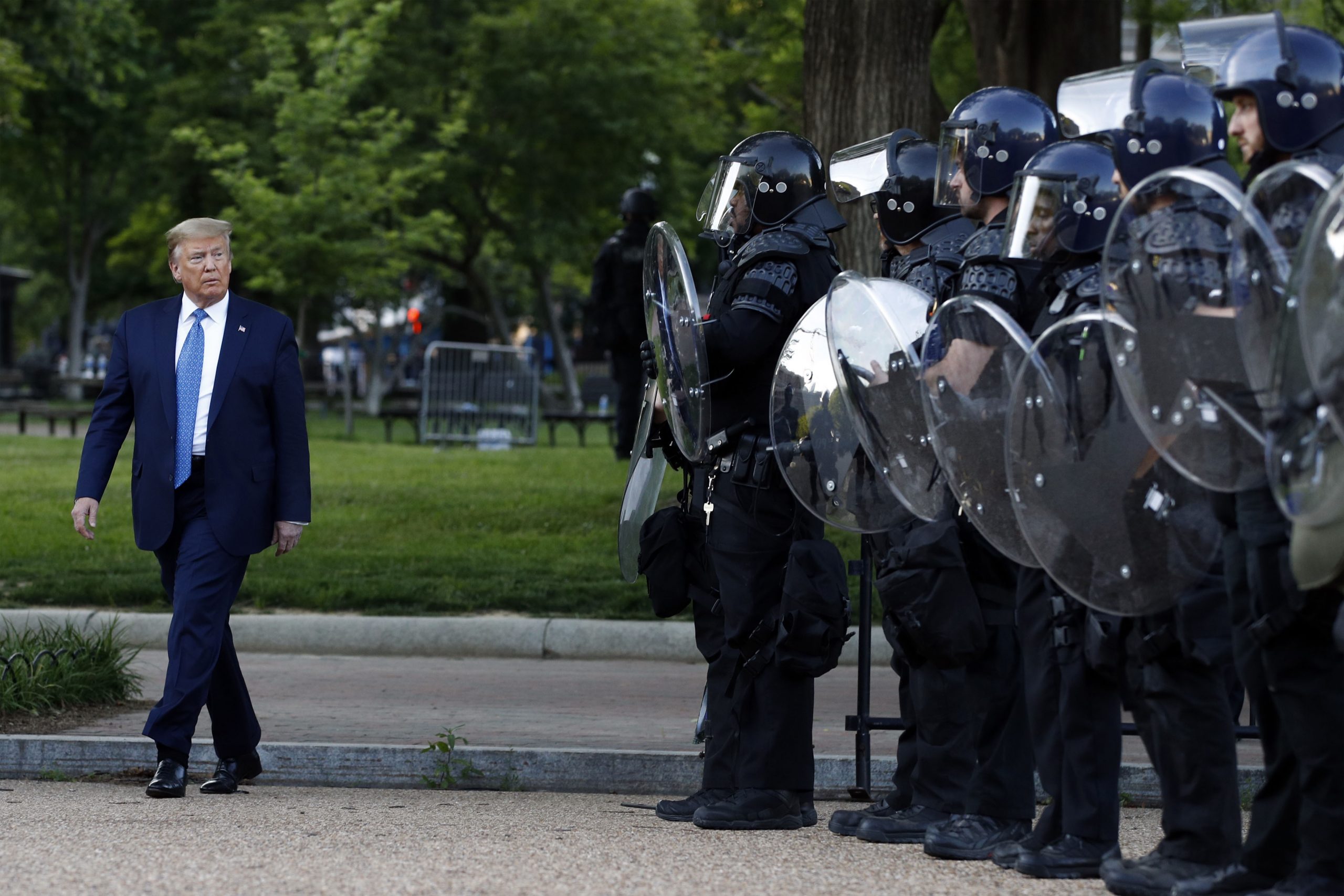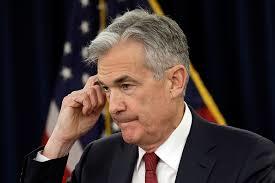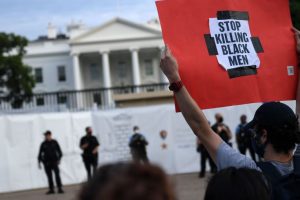In the two weeks since George Floyd’s death, President Donald Trump’s advisers have worked to prepare him to meet the national moment.
Some have shared stories with him about their own or their friends’ experiences with racism, encouraging Trump to be more empathetic.
A group of White House officials solicited ideas from criminal justice reform advocates about policing reforms and proposed the President meet with African American leaders. And this week, White House officials put the President in a room with law enforcement officials who argued certain aspects of policing could change.
But as Trump now considers backing some of those reforms and addressing issues of race and policing in a prominent speech, his message on the subject remains muddled and — in the view of some advisers — tinged by a hardline stance he adopted at the start of nationwide protests that some view as difficult to walk back.
In the two weeks since national protests began, Trump has sought to stamp out unrest using overwhelming police and military force, shown little interest in addressing questions of systemic racism at the heart of the protests and renewed his criticism of NFL players kneeling during the national anthem as a form of peaceful protest.
Even as he considers unveiling police reform proposals as early as this week, Trump and many of his top lieutenants have denied systemic racism is a problem in policing at all.
Read more here.



















